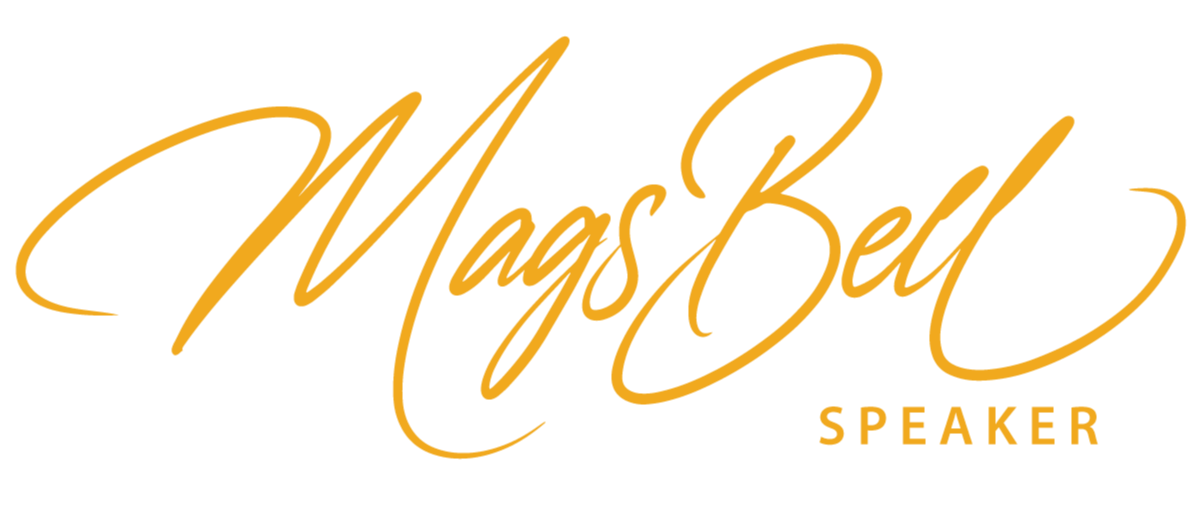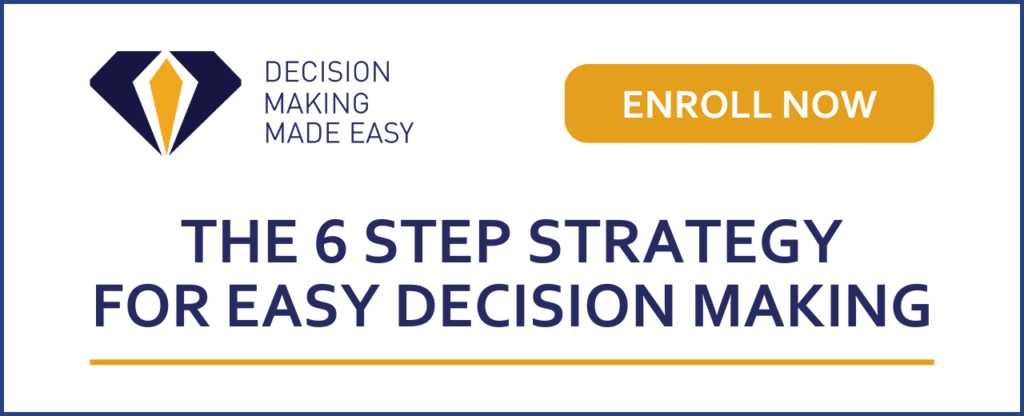In the modern professional landscape, the term “toxic workplace” has become more than a buzzword—it’s a reality that countless individuals face daily.
The effects of negativity, unaddressed issues, and a misplaced focus can undermine the very essence of a harmonious and productive work environment. In this blog, we will dissect what defines a toxic workplace, unravel the consequences of a misguided focus, and chart a course toward effective communication and resolution.
What is a toxic workplace? What does that actually mean?
The term “toxic workplace” often floats around conversations, a label attached to environments we’re cautioned against or the ones we find ourselves struggling within. But what exactly constitutes a toxic workplace? There are three key facets to that.
Negative behaviours that either go ignored or rewarded
You’re dealing with a situation where negative behaviour is occurring, and people are behaving in ways that create obstacles for others. They might believe their actions benefit them, yet these actions have either been positively reinforced or completely overlooked. Over time, this can contribute to the development of a bullying environment, as there’s no correction of behaviour, thus leading to the emergence of fear.
Consequently, this fear starts to take root. A significant aspect to consider is that individuals may not even realise they’re engaging in bullying behaviour, nor do they grasp the negativity it inflicts upon others. This lack of awareness stems from the fact that these behaviours go unaddressed. Often, people don’t recognise that these learned behaviours have been acquired over time through interactions with family, friends, and colleagues.
This brings us to a crucial LeadingME® point: If one remains unaware of their actions, how can they initiate change? When such behaviours are disregarded or even rewarded, the cycle repeats itself, ensuring the continuation of the same unfavourable outcomes. This underscores the importance of addressing these matters from the outset.
Harassment is played down or it’s ignored
Picture this: someone attempts to make a joke, but, it falls short of being humorous. Despite their belief in its comedic value, others don’t share the sentiment. Regrettably, no one steps up to address the situation; instead, it gets swept under the rug.
Herein lies a critical question: How can we expect a shift in behaviour if those responsible remain unaware of their impact? Some might argue that these individuals are indeed aware of what they’re doing, but that mostly comes from a place of scepticism. We so easily mistake incompetence for malice when the reality is, most of these people are just completely oblivious to their actions and how it affects others. They live in their own world.
While it may apply in some cases, it’s not a universal truth. Regardless, it is imperative that the individual responsible for such behaviour is made aware that their actions are inappropriate, and are alerted to potential consequences.
The consequences of allowing harassment and negative discourse to persist are far-reaching. They contribute to an erosion of trust within the team, the management, and the company as a whole. This breakdown in trust sets in motion a chain reaction.
Inevitably, fear takes root, further undermining trust. This environment then becomes fertile ground for decreased productivity. Employee engagement in work goes down, and without intervention, toxicity increases.
Gossip and rumours
In an environment characterised by rampant gossip and circulating rumours, it’s astonishingly easy to become entangled in these discussions.
People often find themselves delving into personal opinions about others, engaging in conversations and making up stories about various individuals. When there’s a kindred spirit who is equally willing to contribute to such discussions, it only fuels the fire of negativity. This tendency to dwell on negativity affects our outlook and affects various aspects of our lives, behaving much like a contagious disease that spreads relentlessly.
The presence of gossip and rumours contributes to the build-up of powerful emotions such as resentment, anger, mistrust, and fear, all of which feed on and reinforce one another.
As a result, we find ourselves facing a complex web of negativity. The cycle begins with negative behaviours that may ultimately pave the way for a bullying culture, particularly when these actions remain unaddressed and uncorrected.
Furthermore, the act of gossiping also plays a role, alongside the previously mentioned harassment and bullying, in fostering an environment riddled with negative dynamics.
These three elements converge to form a climate of fear, a deterioration of trust, and a breeding ground for resentment and anger.
Now, ask yourself, is this truly the kind of atmosphere you envision for your workplace? Probably not. So, if that’s the case— and I sincerely hope it is— what steps can we take to address this situation?
This is where the notion of shifting focus comes into play, differentiating between wrong focus and change of focus.
Wrong Focus
The wrong focus entails succumbing to the negative aspects— engaging in discussions that involve speaking ill of others, and degrading someone else so you can feel better about yourself for all of two seconds.
However, transforming this focus necessitates a departure from the vicious cycle of negativity.
Instead of getting caught in the trap of criticising and complaining, which ironically aligns with the very behaviours you claim to despise, the key lies in shifting the focus towards a more constructive direction.
Often, this transition is fueled by a sense of frustration stemming from the fact that nothing is changing. Well, nothing is going to change if you keep focusing on all that negativity.
So, how can we begin the cycle of change, particularly within an environment that might appear deeply entrenched in negativity? It’s important to understand that relying solely on positive thinking won’t suffice. You can’t just go to work thinking positively, expecting that’s going to fix everything; genuine positivity necessitates an emotional shift. To achieve this, there are a couple of things I can suggest.
For employees in this situation, I’d recommend a direct conversation with the individual responsible for the issues at hand. Rather than seeking validation or discussing the problem with everyone else, remember that your primary role is to fulfil your work responsibilities and contribute to a positive work environment that enhances your productivity and job satisfaction.
This approach aligns with the principles of LeadingME®. It involves initiating a one-on-one discussion with the person in question. Before this conversation, take some time to plan your approach—consider what you want to convey, how to articulate your thoughts, and most importantly, how to engage without causing unnecessary conflict.
We usually shy away from such conversations due to our fear of confrontation, which can result in us ignoring the problem altogether.
However, it’s worth noting that confrontation, when approached thoughtfully, can be a constructive tool. Rather than viewing it as a hostile showdown (as sometimes portrayed in the media, especially in the context of conflicts on a global scale), consider it an opportunity to address a specific issue.
The goal is to communicate your concerns about certain behaviours, focusing on the exact actions that have made you feel uncomfortable, unhappy, or even bullied.
By pinpointing these specific behaviours and their impact on you personally, you move away from vague generalisations or opinions. This precision lends weight to your perspective, reducing the potential for dismissive responses or misunderstandings. Ultimately, this process enables you to confront the situation in a manner that is objective, clear, and geared toward resolving the issues at hand.
Consider the following steps:
- Direct Communication
If you’re an employee facing issues, initiate a one-on-one conversation with the person causing concern. Address specific behaviours and how they make you feel. Share your perspective honestly and seek mutual understanding. Focus on behaviours, not vague opinions.
- Embrace Confrontation Wisely
Confrontation, when approached constructively, is beneficial. Shift from a confrontational mindset to one of seeking understanding. Engage in active listening, allowing the other person to explain their actions, even if it includes excuses. Afterward, seek a middle ground and propose solutions.
- Hierarchy of Reporting
If the initial discussion doesn’t yield change, escalate to your line manager, HR, or the higher-level manager. Provide specific examples and focus on behaviours rather than general feelings. This precision increases the likelihood of effective action being taken.
- Consider Value Alignment
If you encounter a persistent toxic environment or a significant misalignment of values within the company, evaluate whether it’s time to move on. Values cannot be changed; if they don’t align, seeking a new workplace that shares your values could be the best option.
If on the other hand, you just want to skip that one-to-one conversation because you really don’t want to face it, then you’re part of the issue. You may not like to hear it, but it’s true. You’ve been brought into close proximity with that person to help them grow and vice versa. If you’re not willing to grow, then why the hell should they?
For Employers:
- Open Communication
If you’re an employer, actively listen when employees express concerns. Create an environment where employees feel appreciated and understood. Prioritise open dialogue to foster a positive workplace culture.
- Listen and Understand
Practise active listening and seek specific examples when employees share issues. Avoid dismissing concerns based on preconceived notions and understand the problem before formulating a response.
- Mutual Problem-Solving
Collaborate with employees to find solutions. Encourage them to provide specific instances and behaviours that require attention. Then address issues together to foster a positive work atmosphere.
When addressing employee concerns, it’s essential to move beyond mere complaints and focus on specifics. Encourage individuals to pinpoint the exact behaviour they find unacceptable and describe how it made them feel. This approach provides actionable insights for reviews and feedback.
Consider conducting monthly reviews, which is far more effective than the traditional annual review. These sessions offer a chance to assess progress, evaluate key performance indicators (KPIs), and address any emerging issues. It’s not just about a monotonous routine; it’s an opportunity for meaningful dialogue. During these reviews, employees can bring up challenges, but they’re also encouraged
to propose solutions. This dynamic approach fosters a proactive, solution-oriented culture.
Additionally, for employees who require changes to be made, implementing improvement plans is a powerful strategy. These plans facilitate difficult conversations, which are often mistakenly labelled as “soft skills.”
In reality, these conversations demand some of the most robust skills – the ability to provide constructive feedback and engage in open, honest discussions about areas needing development. By addressing concerns head-on and engaging in meaningful conversations, a culture of continuous improvement and communication can be cultivated, benefitting both individuals and the organisation as a whole.
So, where does your focus lie? Are you shifting it to the right track, away from toxic patterns? When confronted with a concern, are you taking action, or engaging in open dialogues? And for those in managerial roles, are you actively listening and proactively addressing issues, or are you inadvertently nurturing a culture of avoidance?
Toxic workplaces breed in the soil of evasion. Avoidance magnifies problems, allowing them to fester and infect the work environment. It’s imperative that we collectively cease avoiding these crucial conversations. This pertains to both employees and employers.
It’s worth highlighting that these conversations aren’t just about identifying problems; they hold the power to transform individuals. By addressing negative behaviours and misconceptions, both the individuals affected and those perpetuating the issues can experience remarkable growth. Through such dialogues, it’s possible to catalyse a shift from mediocre performance to becoming top performers, altering the trajectory of careers and enhancing overall well-being.
It’s important to recognise that change can be discomforting in the moment, but the long-term impact can be profound. These interventions, however uncomfortable, often lead to personal transformations and smoother, more fulfilling professional journeys.
The path to a healthier, more productive workplace begins with each of us choosing to confront toxicity, fostering open dialogue, and nurturing a culture of growth and understanding.
As always, stay true, stay you, and keep bringing out your brilliance. Bye for now.

















